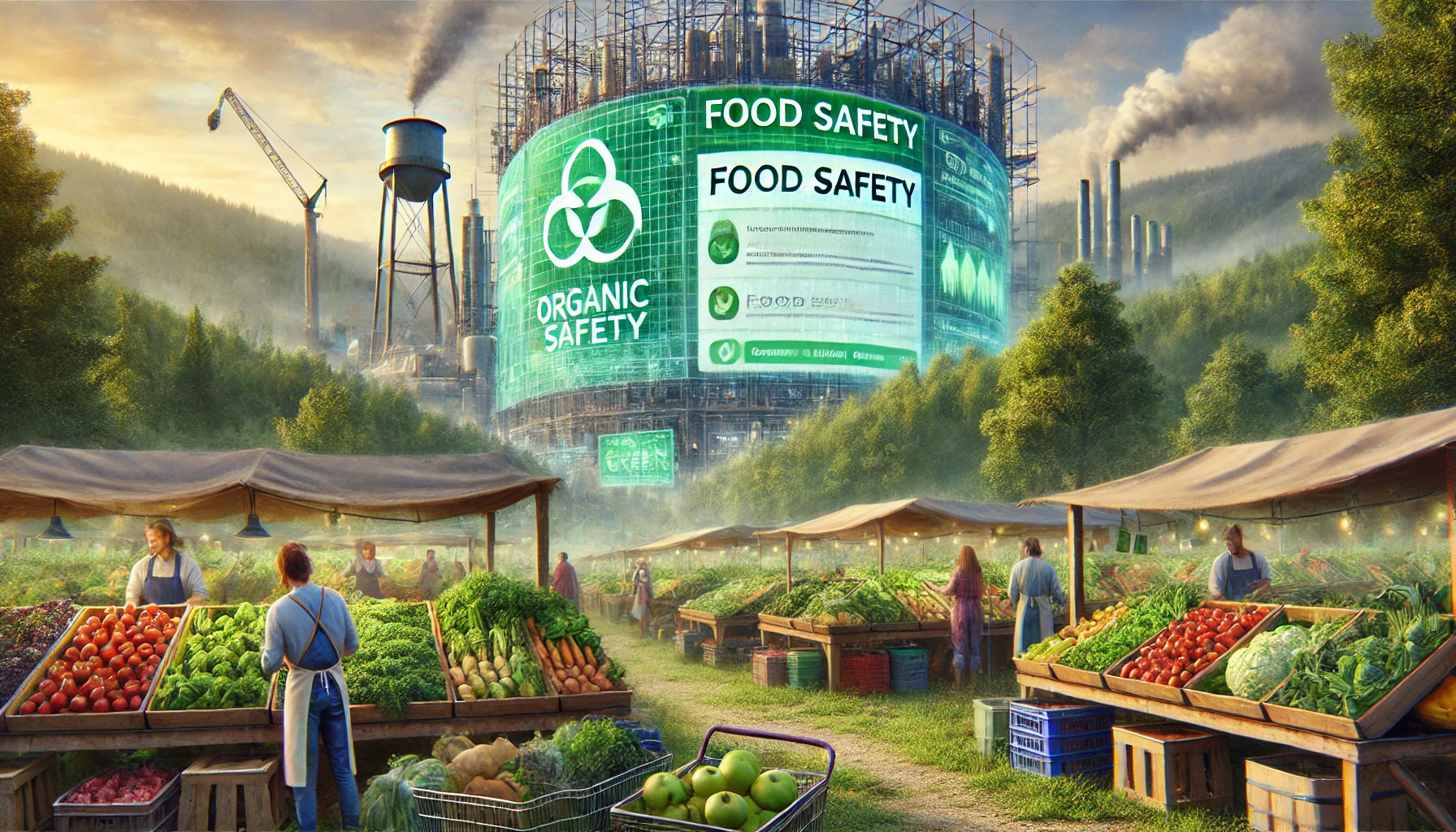Navigating Food Safety Fears: Why Consumers Are Turning to Green Food
The study explores how public concerns about food safety, amplified by social media, drive consumers toward green food purchases, with insecurity and trust in green labels playing key roles in this behavior. It highlights the importance of addressing these psychological factors to promote sustainable food consumption.

A study conducted by Heng Xu, Mengyun Xiao, and Jun Zeng from the School of Management at Henan University of Technology, delves into the complex dynamics between public perceptions of food safety and the increasing consumer preference for green food. This study adopts a mixed-methods approach to examine how concerns about food safety, particularly as discussed and amplified on social media, influence consumer behavior towards green food consumption, with a focus on the psychological factors of insecurity and trust in green labels.
Rising Anxiety Over Food Safety
The paper begins by highlighting the growing consumer anxiety over food safety, a concern that has been exacerbated by the frequent occurrence of food safety incidents and the impact of the COVID-19 pandemic. This widespread unease has led many consumers to turn to green food, which is perceived not only as safer and healthier but also as more environmentally friendly compared to conventional food. However, the researchers point out that while the link between food safety concerns and green food consumption is evident, the specific psychological mechanisms driving this behavior, particularly in the context of today's social media-driven environment, have not been thoroughly explored.
Social Media’s Role in Shaping Public Opinion
In the qualitative phase of the study, the researchers analyzed public comments on social media platforms, particularly focusing on microblogging sites where food safety discussions are prevalent. Through text mining techniques, they identified four key topics that dominate these discussions: public opinion on food safety, insecurity, trust in green labels, and intentions to purchase green food. The analysis revealed that public opinion on food safety significantly affects consumer behavior, often heightening their sense of insecurity about the food they consume. This insecurity, in turn, drives consumers towards green food, which is perceived as a safer alternative. The study underscores the powerful role of social media in shaping public opinion on food safety, suggesting that the more consumers are exposed to discussions and concerns about food safety online, the more likely they are to feel insecure and, consequently, to seek out green food as a safer option.
Quantitative Evidence Supporting Consumer Behavior
Building on the insights from the qualitative phase, the researchers conducted a quantitative survey with 1,087 participants to empirically test their conceptual model. The survey results confirmed that public opinion on food safety has a significant positive effect on consumers' intentions to purchase green food. This effect is mediated by consumer insecurity—meaning that the more consumers feel insecure about food safety, the more inclined they are to choose green food. Moreover, the study found that trust in green labels plays a crucial moderating role in this relationship. Specifically, consumers who have high trust in green labels are even more likely to purchase green food when they feel insecure about food safety. This finding highlights the importance of building and maintaining consumer trust in green labels as a strategy to promote green food consumption.
Psychological Mechanisms Driving Green Food Purchases
The study's findings offer valuable insights into the psychological mechanisms that drive green food consumption. It suggests that consumer behavior in this context is not just a matter of preference for healthier or more environmentally friendly food but is also deeply influenced by psychological factors such as insecurity and trust. The research underscores the critical role of public opinion, particularly as shaped by social media, in influencing consumer perceptions of food safety. The more consumers are exposed to negative opinions about food safety, the more likely they are to feel insecure and to seek out green food as a safer option.
Practical Implications for Businesses and Policymakers
This insight has important implications for businesses and policymakers aiming to promote sustainable food consumption. For businesses, the findings suggest that efforts to enhance consumer trust in green labels could be key to increasing the adoption of green food. This could involve improving the transparency and credibility of green label certifications, as well as effectively communicating the safety and environmental benefits of green food to consumers. For policymakers, the study highlights the importance of addressing consumer insecurities about food safety, particularly those fueled by public discourse on social media. This could involve stronger regulation and oversight of food safety standards, as well as public education campaigns to inform consumers about the safety of the food supply and the benefits of green food. In conclusion, this study sheds light on the psychological underpinnings of green food consumption and provides a framework for understanding how public opinion on food safety, insecurity, and trust in green labels interact to influence consumer behavior. It offers practical recommendations for businesses and policymakers to promote green food consumption and contribute to the broader goal of sustainability in the food industry.
- READ MORE ON:
- food safety
- green food
- green food consumption
- COVID-19 pandemic
- green labels
- FIRST PUBLISHED IN:
- Devdiscourse










